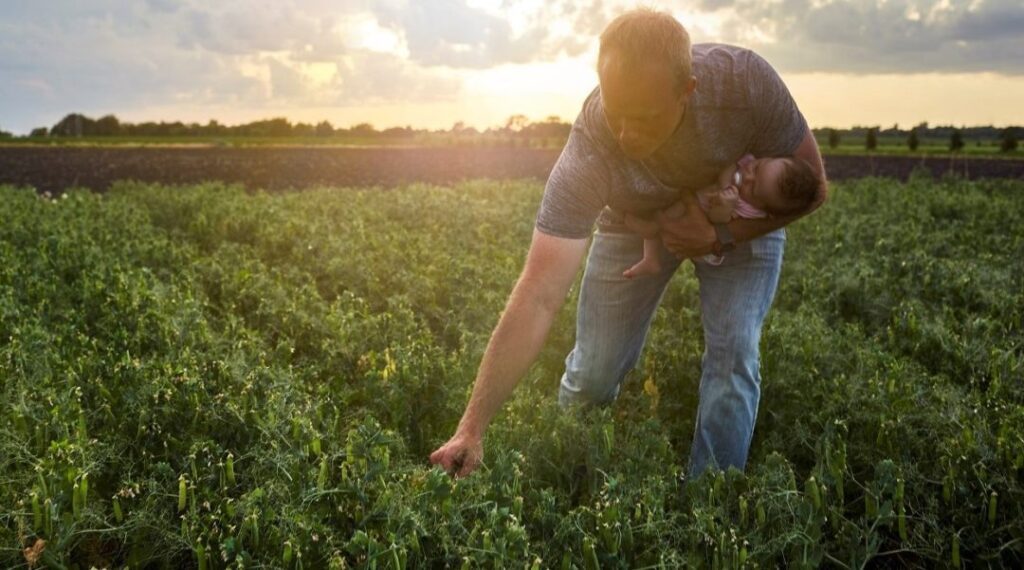In an era marked by urbanisation and technological advancements, the image of fathers as farmers may seem like a nostalgic throwback to a bygone era. However, the role of fathers in agriculture remains not only crucial, but very essential for the sustenance of our communities and the preservation of our planet. Their impact on posterity cannot be relegated even in future generations. Fathers have a huge responsibility to play when it concerns both the present generation and posterity.
Speaking on the significance of fathers as farmers; fathers have long played a pivotal role in ensuring food security by engaging in farming activities. Many of our grandfathers had tales of how they followed their own parents to farms from when they were young boys, even before the cock crowed. Whether working on family-owned farms or as agricultural labourers, their tireless efforts contribute to the cultivation of crops and livestock by providing sustenance for communities. Fathers’ expertise in crop management, animal husbandry, and farm mechanisation, has overtime helped to optimise agricultural productivity, making them essential contributors to the global food supply chain.
Fathers basically hold a crucial role, as custodians of agricultural traditions, passing down ancestral knowledge and wisdom to their children. They serve as mentors, teaching the next generation about farming techniques, seasonal cycles, and the importance of respecting nature. This intergenerational transmission helps preserve cultural heritage while fostering a deep appreciation for the land and the interconnectedness of farming with our daily lives. Also, fathers as farmers, act as stewards of the land, embodying the connection between humanity and nature. They understand the delicate balance required for sustainable farming practices and are instrumental in preserving the health of our ecosystems.
By adopting techniques such as crop rotation, soil conservation, and integrated pest management, fathers ensure the longevity of fertile lands, safeguarding them for future generations. When it comes to rural development, fathers who engage in farming often reside in rural areas, where they become champions of local development. Through their labour and investment, they stimulate rural economies, create employment opportunities, and foster community cohesion. Their commitment to agriculture serves as an inspiration for younger generations; encouraging them to remain connected to their agricultural roots and pursue farming as a viable livelihood option.
Resilience is one major thing that farming fathers indirectly teach their children and consequently, the younger generation. Fathers in agriculture face numerous challenges, including unpredictable weather patterns, market fluctuations, and evolving farming practices. Despite these obstacles, they demonstrate resilience and adaptability, and finding innovative solutions to overcome hardships. This resilience inspires their families and communities, instilling a sense of perseverance and determination that extends beyond the boundaries of the farm.
In conclusion, beyond cultivating crops and rearing animals, farmers in farming often carry along their families, with fathers playing a central role in nurturing strong family bonds. Working side by side with their children, they create opportunities for shared experiences, fostering a deep sense of camaraderie and solidarity. The farm becomes not only a source of livelihood, but also a space for collective growth, passing down of good heritage and values such as dignity of labour, responsibility, and team work, among others, in their children.



